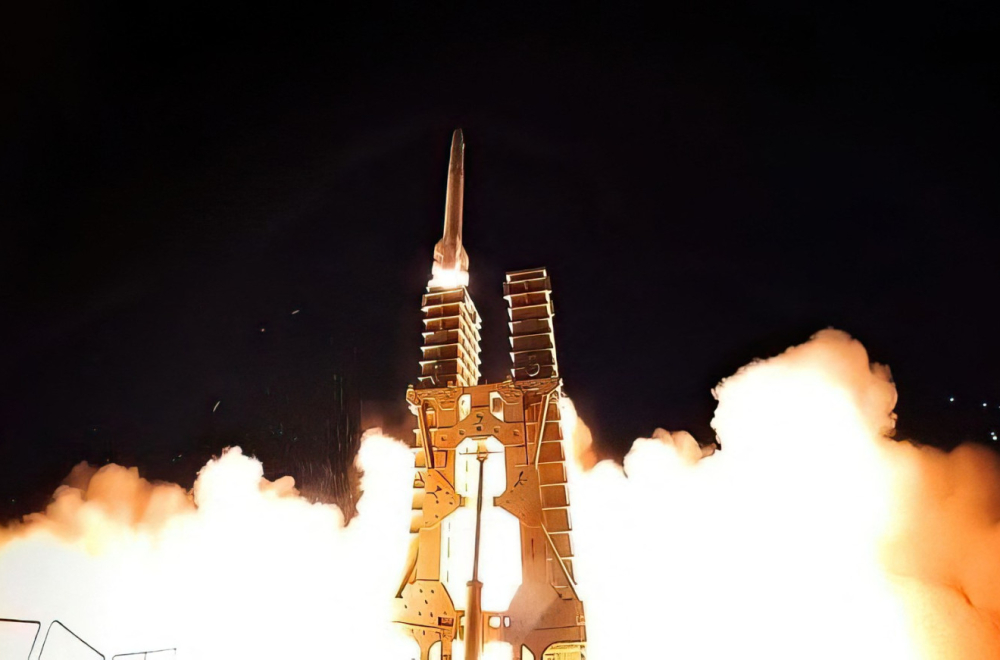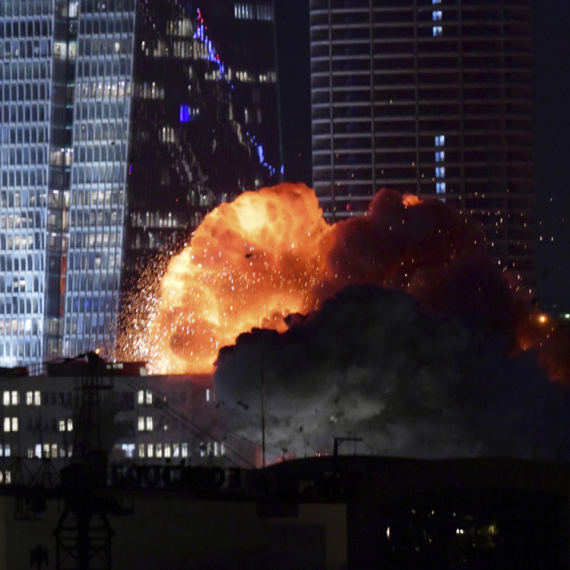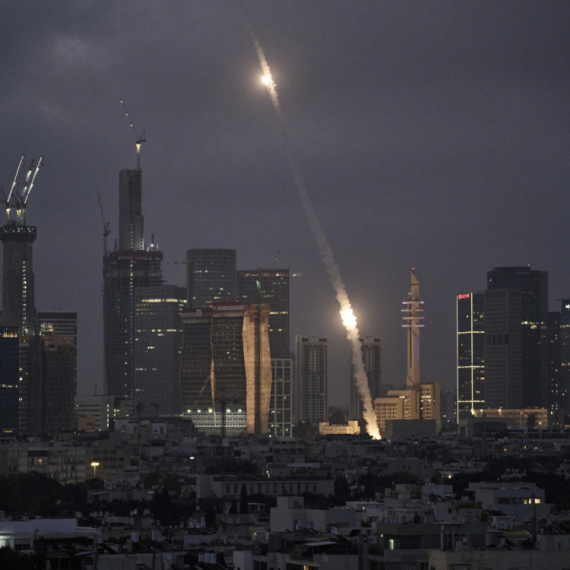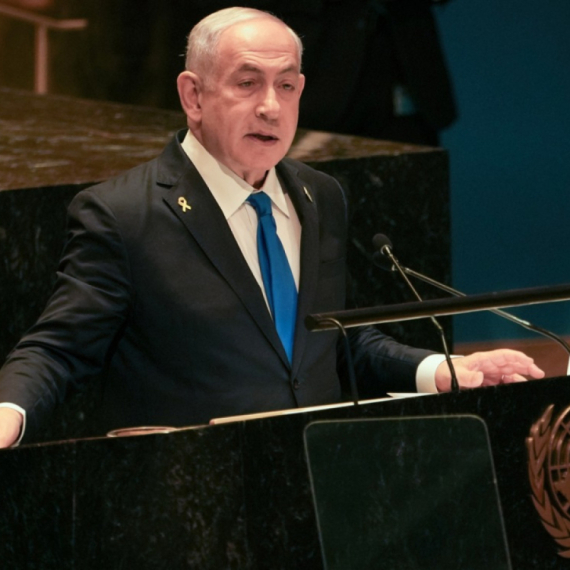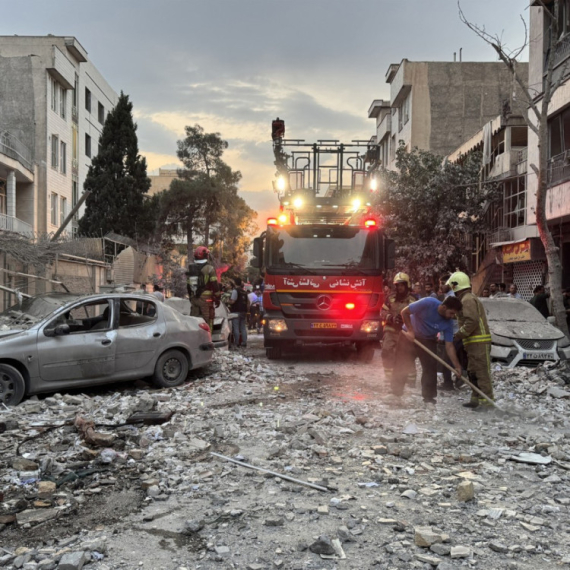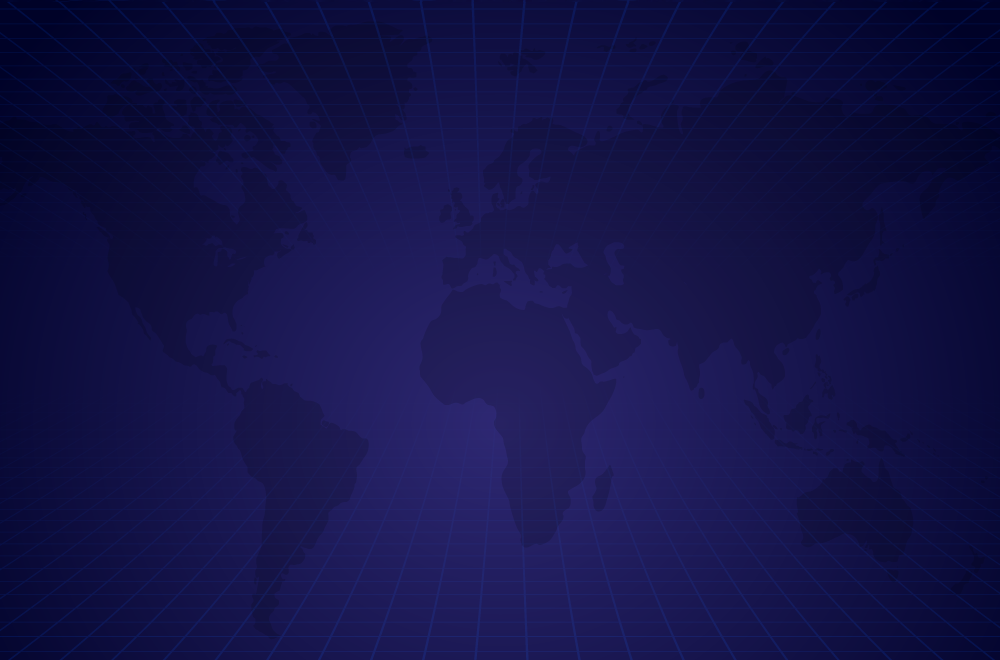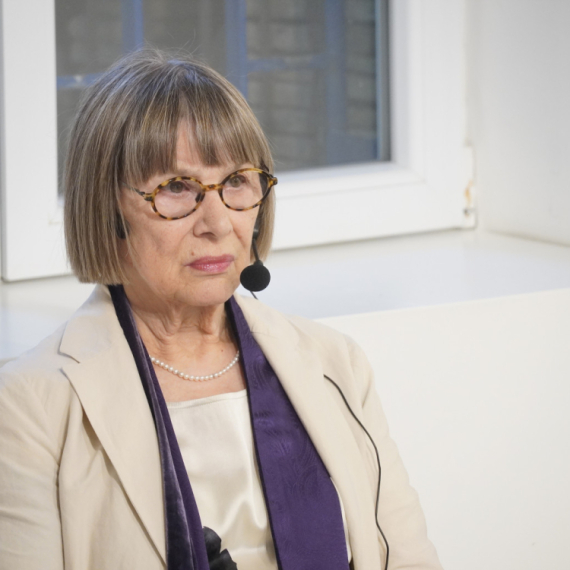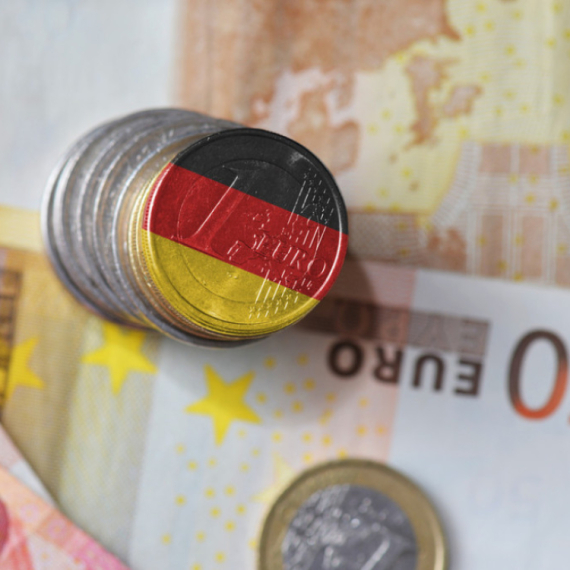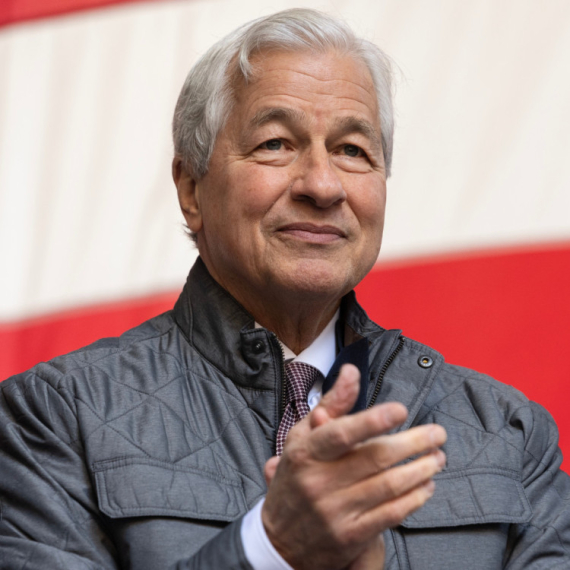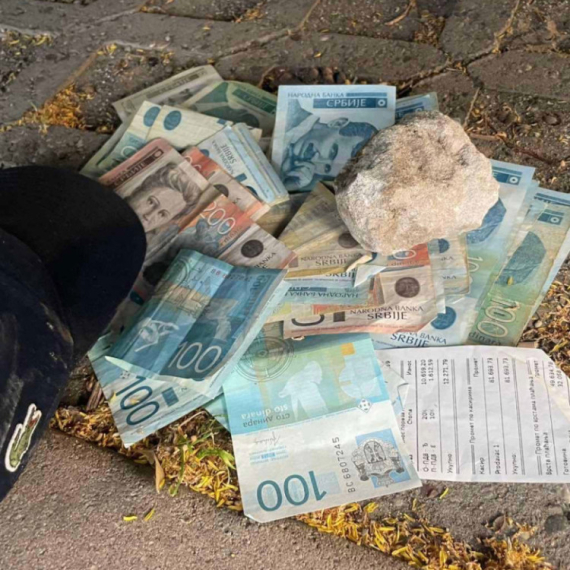Iran’s nuclear program is seen as a serious threat to the security of Israel and Europe, as highlighted by officials such as French Foreign Minister Jean-Yves Le Drian. Israel has launched attacks on Iranian nuclear facilities, while Iran has retaliated with missile and drone strikes, escalating the conflict in the Middle East. Diplomatic efforts, including the readiness of Germany, France, and the United Kingdom to engage in negotiations, are considered crucial to prevent further escalation. Iranian officials have expressed willingness to negotiate on the nuclear program but have rejected continuing talks following Israeli attacks. The conflict has caused regional and global tensions, including impacts on oil prices and security in Europe.
Political Perspectives:
Left: Left-leaning reports emphasize the importance of diplomacy and peaceful negotiations to resolve the conflict. They highlight the dangers of military escalation and the humanitarian impact of the conflict. The narrative often critiques aggressive military actions and stresses the need for international cooperation to prevent war.
Center: Center-leaning reports present a balanced view, acknowledging the security concerns of Israel regarding Iran’s nuclear program while also recognizing Iran’s stated right to peaceful nuclear energy. They emphasize ongoing diplomatic efforts and the complexity of the conflict, avoiding strong bias towards either side.
Right: Right-leaning reports focus on the threat posed by Iran’s nuclear ambitions to Israel and Western security. They often support Israel’s right to defend itself and highlight Iran’s aggressive actions and refusal to fully cooperate with international demands. The narrative stresses the need for strong military and strategic responses to Iran’s provocations.
